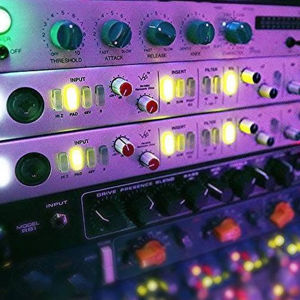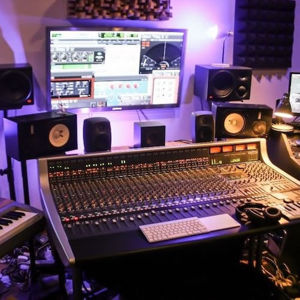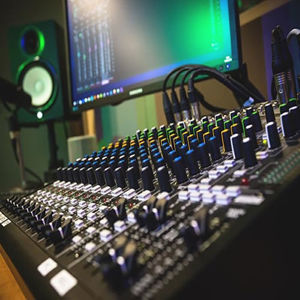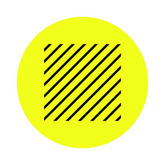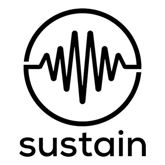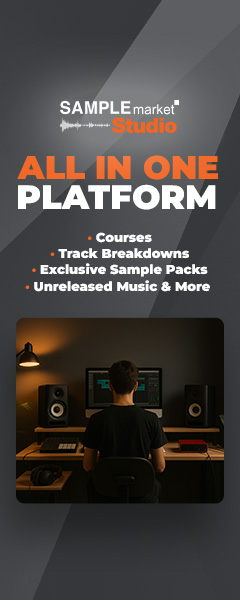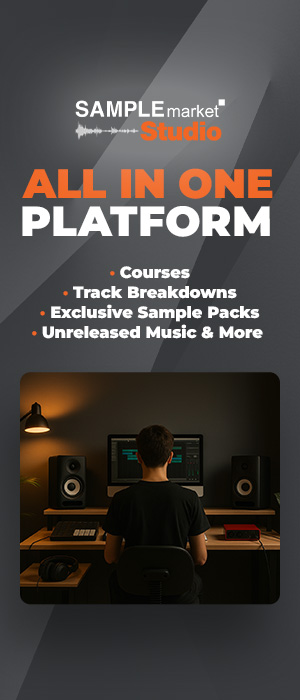As a music producer, it’s inevitable that you’ll run into writer’s block from time to time. Originally, writer’s block referred specifically to writers who were unable to write their thoughts down in a logical format, or who couldn’t come up with any ideas at all. In the music production domain, writer’s block could mean not knowing where to start with a new track, or not knowing how to progress an idea you’ve started.
While writer’s block can be frustrating, it’s unfortunately par for the course with any creative venture. The good news is, there are some approaches you can take that may help you to dislodge your creative blockages. In this article, we’ve listed 10 simple methods you can try to help you beat writer’s block in music production.
1. Get some new samples
If you’re having a hard time coming up with new ideas, adding some new samples to your library can be an effective source of inspiration. Try dropping a handful of one-shot samples into your chosen sampler and start sequencing.

Alternatively, find a sample or loop you like and start trying to transform it into your own sound. Most of the time, a good song just needs one hook, sound or groove to form the basis of the track, then the rest of the production falls into place around it.
Sample Market is home to a huge library of high-quality sample packs that are suitable for all styles and genres of electronic music. Each sample pack is labelled by key and tempo and organised into type and instrument, making it easy to find the exact sample you’re looking for.
2. Try a new plugin
Much like adding some new samples to your library, adding a new plugin to your toolbox can be a great way to beat your writer’s block. Plugins all sound and behave slightly differently from one another, so experimenting with a new soft synth or effect might encourage you to think about music production or sound design in an unexplored way.
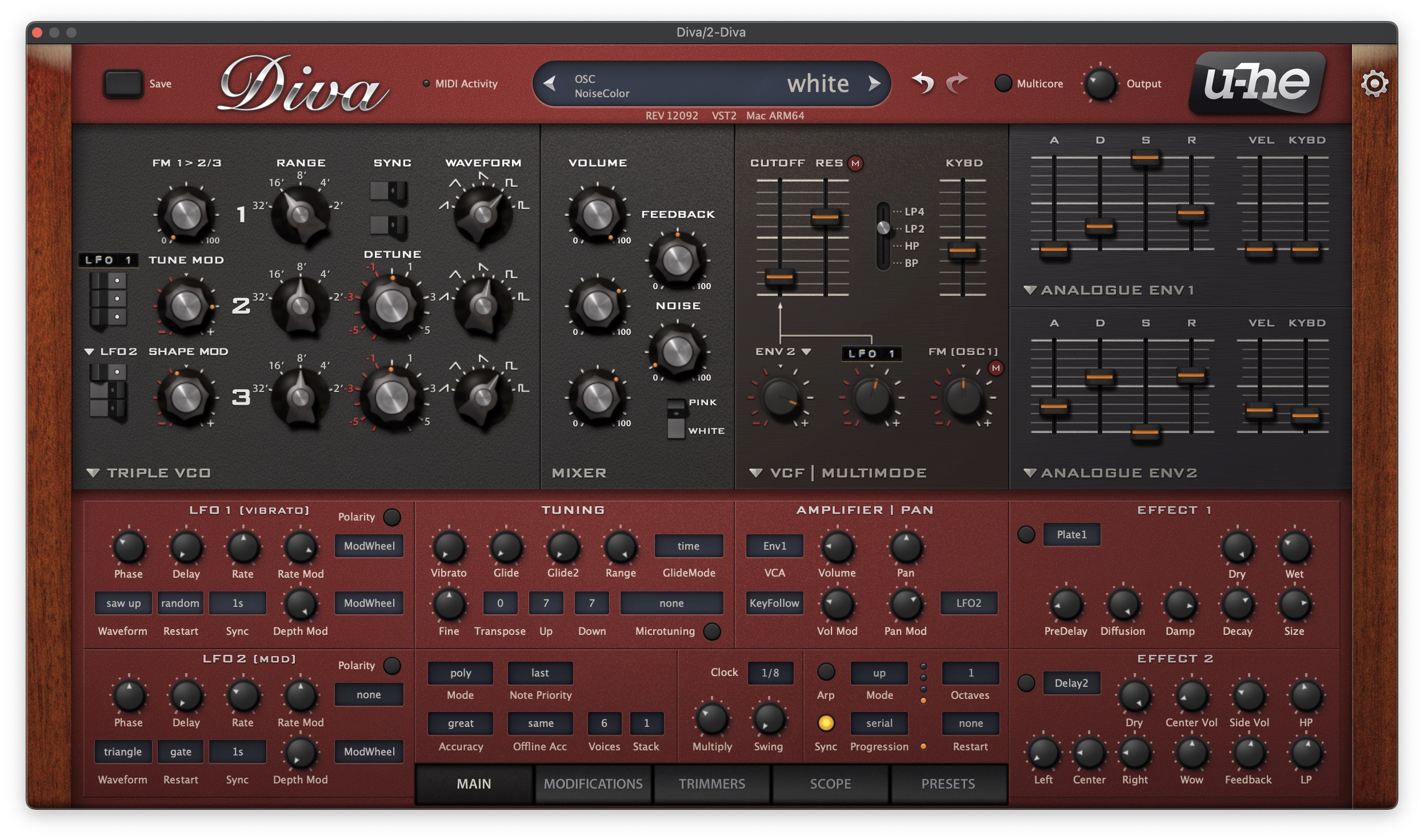
Additionally, most plugins come with a bank of presets that are great for cycling through to find inspiration. You might find a unique sound in a synth, a rhythmic texture in a delay device or an interesting melody in a MIDI generation plugin.
As well as samples, Sample Market has a range of powerful preset packs for some of the most popular soft synths available today, including Diva as shown above.
3. Sample a game, film or TV show
As well as using sample packs and sampling other music, it’s worth mining your favourite games, films and TV shows for samples that might help to get your next track off the ground.
Big-budget productions invest masses of money in their soundtrack and audio effects, making them a prime source of high-fidelity samples. One artist who sampled movie audio to great effect is Michael Bibi in his 2018 Tech-House hit Hanging Tree.
The track’s vocal hook is lifted from the film The Hunger Games: Mockingjay Part One, and is sung by the character Katniss, played by Jennifer Lawrence.
4. Watch a tutorial or track breakdown
While you could argue it’s more important to be doing than watching, if you’re running low on creativity, it can be useful to top up the tank by watching a few production tutorials to see if it unlocks any new ideas.
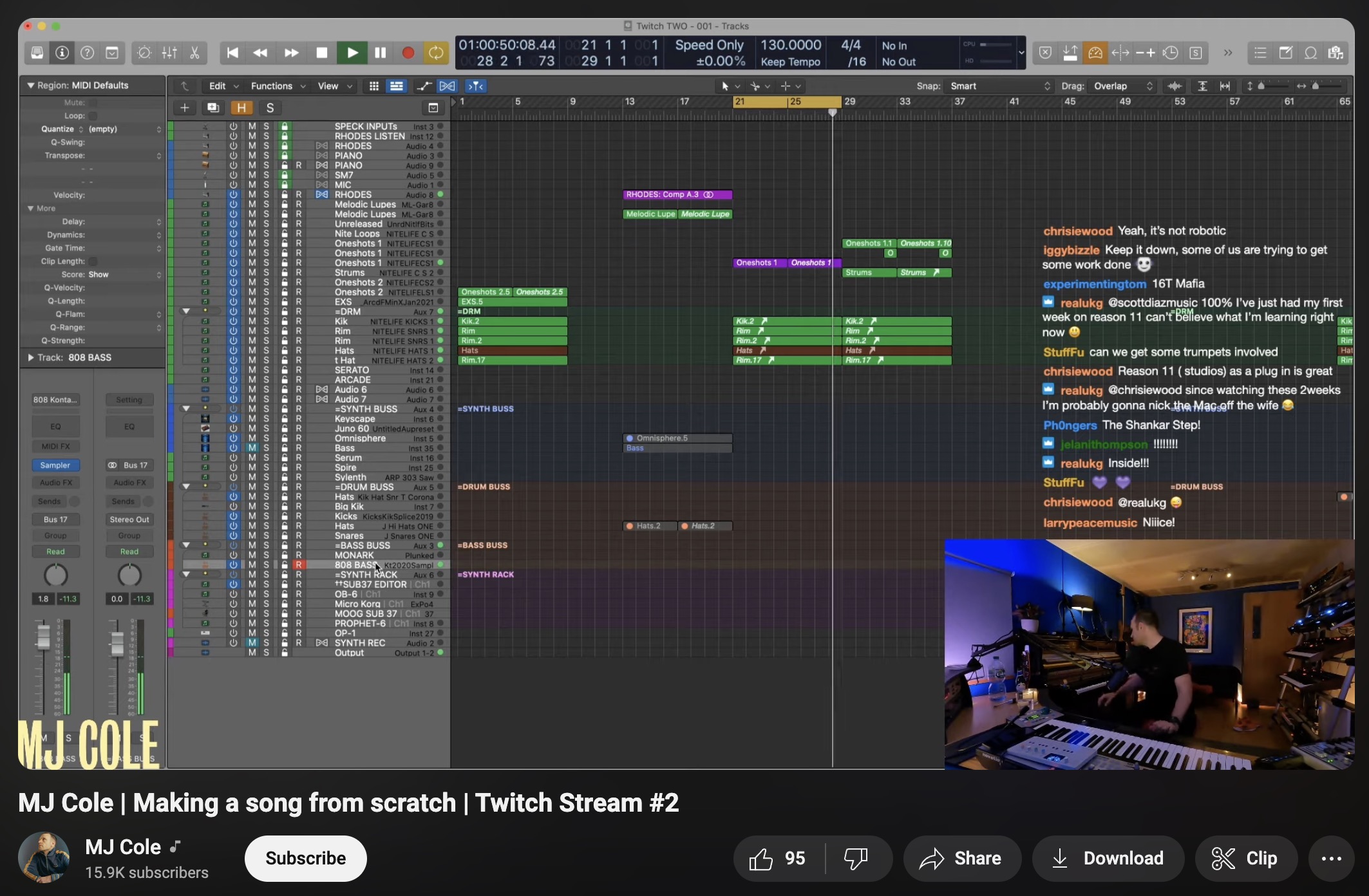
Music production has always been a hugely popular topic on Youtube, with many producers making careers out of showcasing their production skills and techniques. There has also been an increase in the number of established producers taking to Youtube and Twitch to dissect successful tracks or demonstrate their production processes.
Try closing your DAW and opening your browser, and see what other producers are doing.
5. Impose limitations or restrictions
Modern technology has made it easier than ever to access powerful production tools and create great music. While that is undoubtedly a good thing, sometimes having too much choice prevents us from making decisions. This is known as blank page syndrome, and it affects us music producers too.
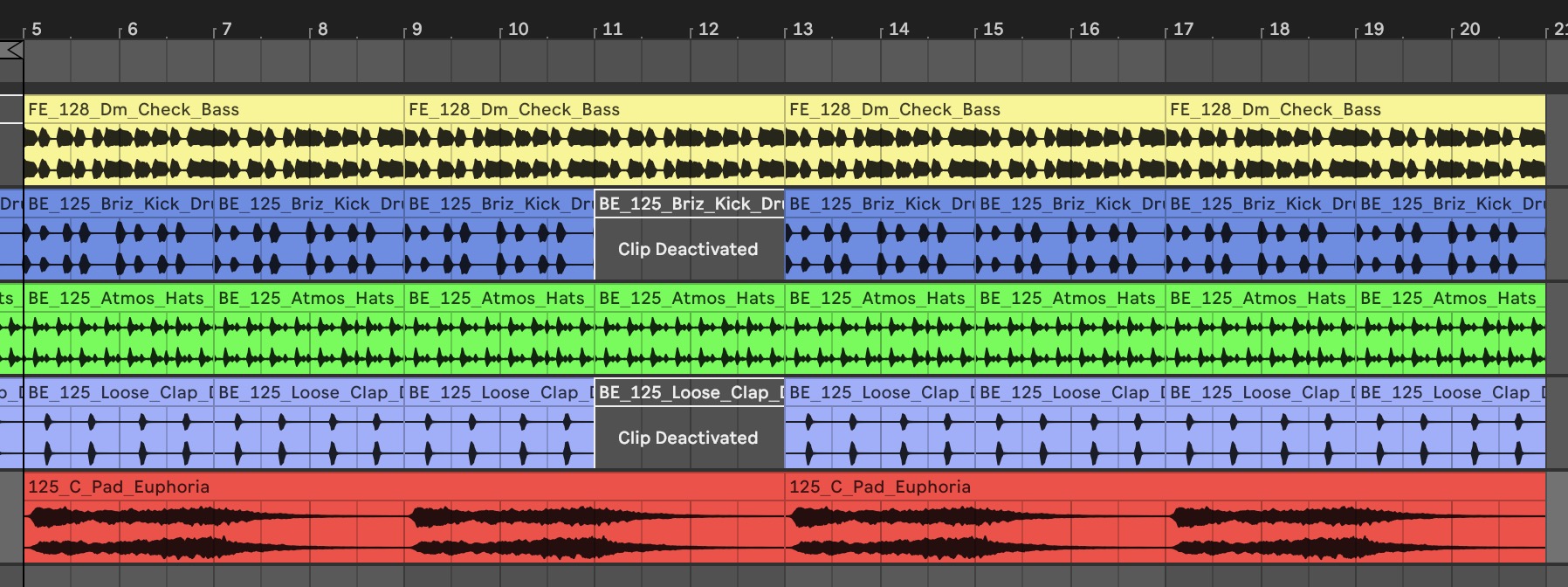
One way to overcome this excess of choice is by imposing limitations on your own production process. This could be in relation to the tools you use, for example you could set out to make an entire track with only one plugin or by prohibiting the use of MIDI. It could also relate to your production process, for example you could forbid yourself from duplicating any audio or MIDI, or you could limit yourself to only using eight tracks within your DAW.
The idea is to force yourself to come up with innovative solutions, as this can be a great place to look for inspiration.
6. Use reference tracks
You might be familiar with using reference tracks during the mixing or mastering process, but what about using them to help defeat writer’s block? There are a couple of ways to use reference tracks to your advantage here.
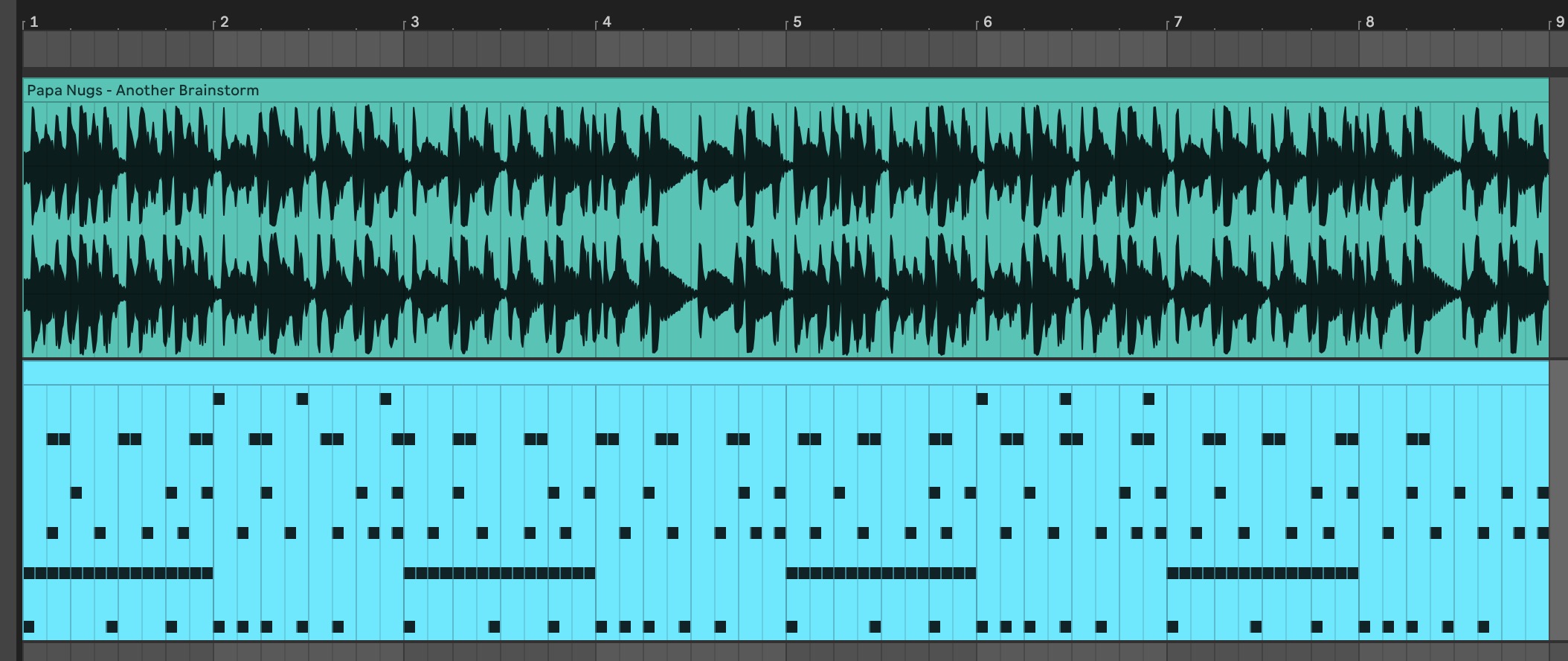
If you’ve got a rough idea for a track but are unsure how to progress it or what additional elements it needs, loading a reference track into your DAW can help you to visualise how to arrange your track.
If you’re struggling to even come up with an idea, try playing a melody or programming a drum beat along to another track, then removing the reference track once you’ve come up with some new ideas. The goal here is to use the melodic and rhythmic structure of the reference track to steer your creativity.
7. Collaborate with other creatives
Consistently churning out innovative musical ideas is no mean feat, and it’s even harder when you’re confined to working on your own. Working with other producers can provide the opportunity to bounce ideas around and get an idea for how other people work.
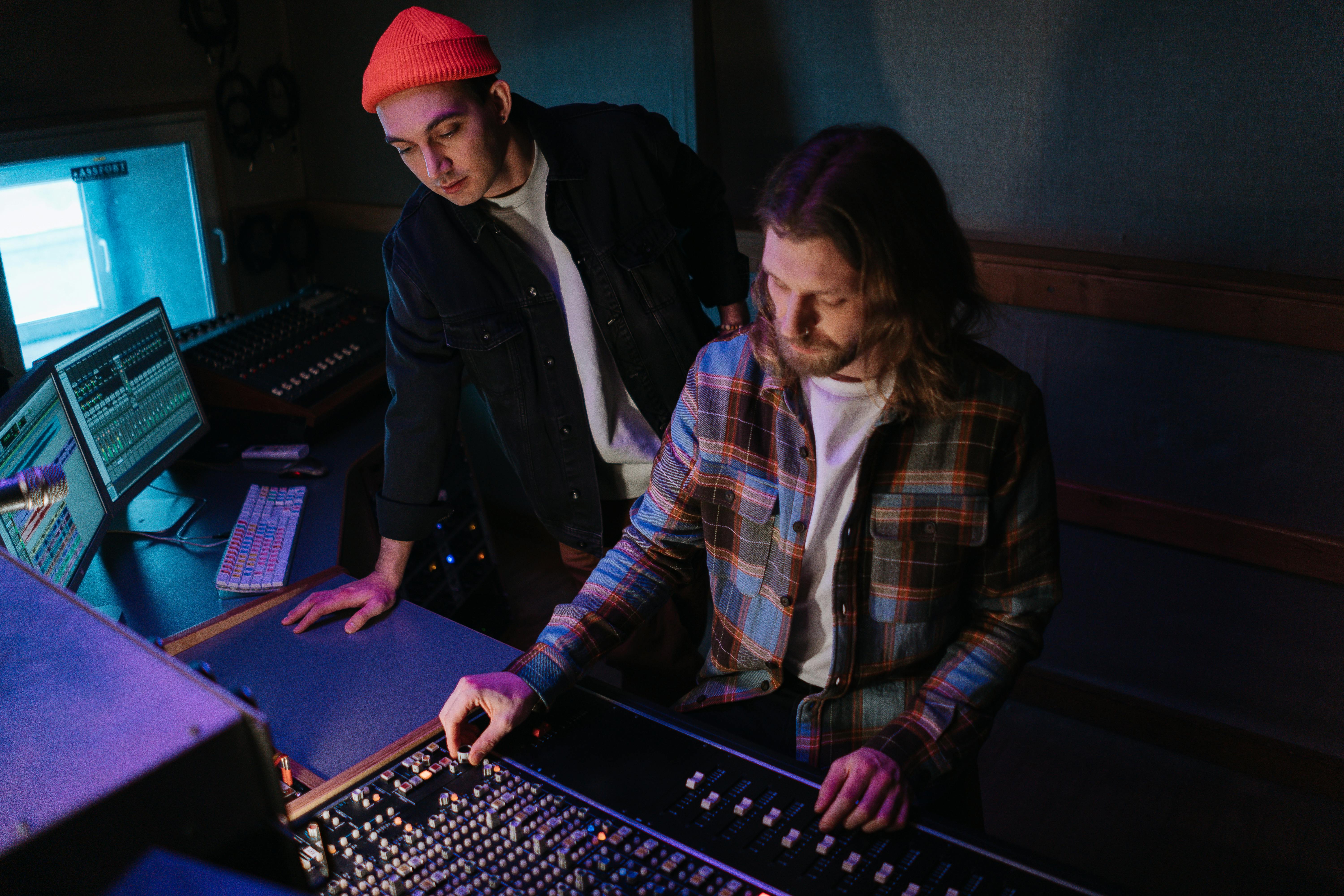
Collaboration doesn’t need to be restricted to musicians though. Working with creatives from other disciplines such as dancers or visual artists could conjure up some new ideas that you might not stumble upon when working with other producers.
8. Check old projects
As a music producer, it’s likely that your hard drive is probably brimming with a graveyard of old DAW projects that never saw the light of day. Suffering from writer’s block is a great reason to resurrect those old projects and scour them for useful material.
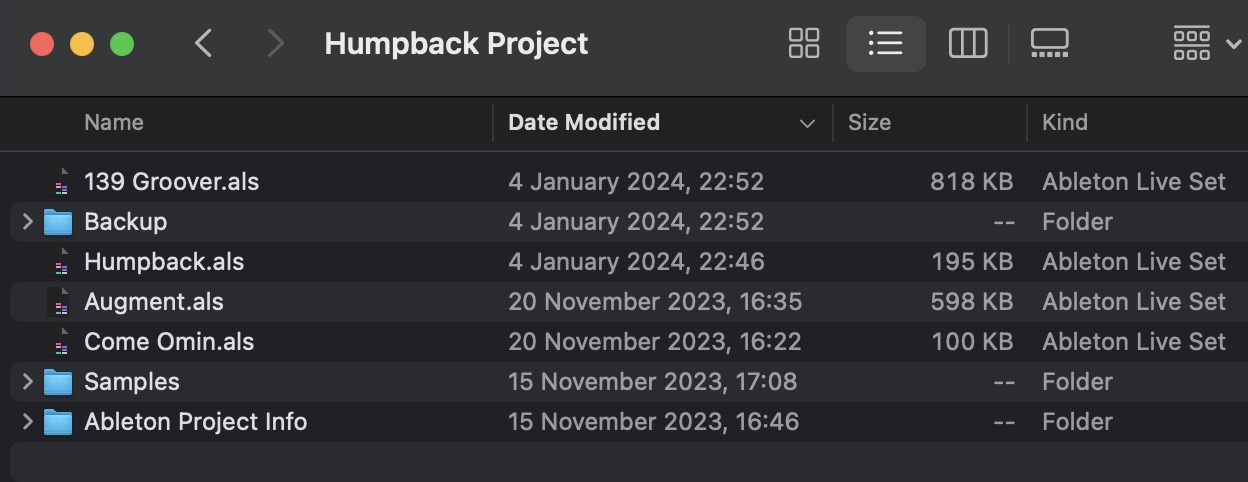
From time to time, you might come up with a great component that you think will make your next hit, but then you can’t seem to figure out the rest of the track. Maybe the bass doesn’t do the idea justice, or you can’t get the drum groove right. Going back through old projects with a new perspective might help you to find a new home for those useful ideas.
Or if you still can’t figure out how to turn that original idea into a fully fleshed-out track, it’s still worth taking the time to bounce those ideas into a dedicated folder. You can even label the ideas by key and tempo to create your very own sample pack full of your own sounds.
9. Do some sound design
It’s easy to get frustrated when you’re struggling to generate any musical ideas, but there’s much more to music production than just writing bangers. Sometimes it’s good to invest your time in other areas of the process, such as sound design.
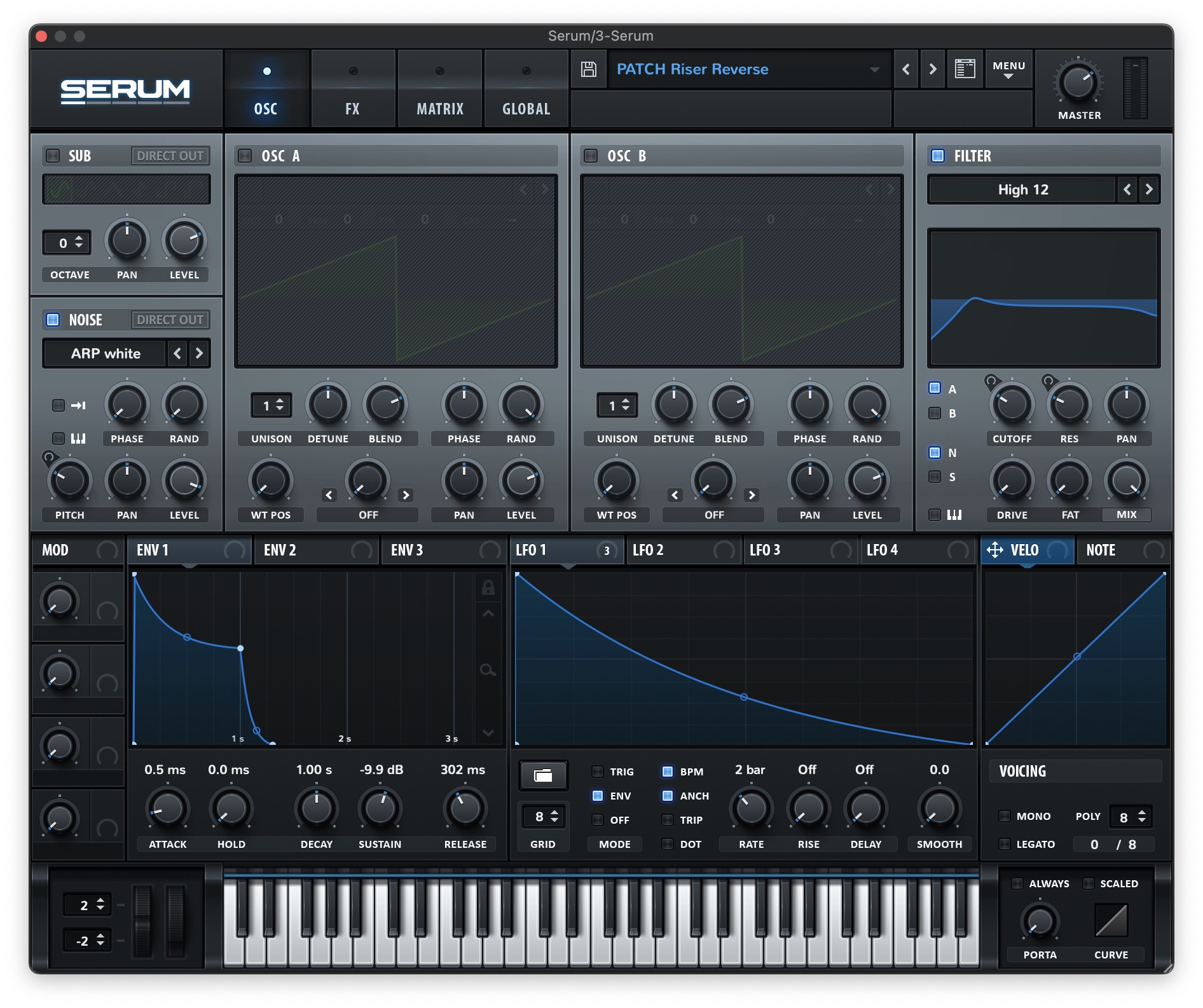
Try creating some patches in your favourite synths, making your own riser sounds from scratch or creating some unique effects chains. That way, when you next have an idea for a track you can spend more time getting it into your DAW than creating the sounds for it.
And who knows, while you’re designing some new sounds for your next project, you might stumble across a sound, groove or effect that dislodges your writer’s block.
10. Take a break
In this article, we’ve highlighted some ways in which you might be able to defeat the deadlock in your creative process. The next time you’re suffering from blank page syndrome or writer’s block, some of these ideas can hopefully help you to overcome it and push forward with your productions.
That said, taking breaks from music production is massively important. Whether it’s an hour or a month, taking time away from your screen and your DAW will enable you to recharge your batteries and regain some perspective.
Get yourself a hot drink, go for a walk or to the gym, watch a film or take a two-week sabbatical from music production, and you might be surprised at how soon you’re able to resume full productivity in the studio.



